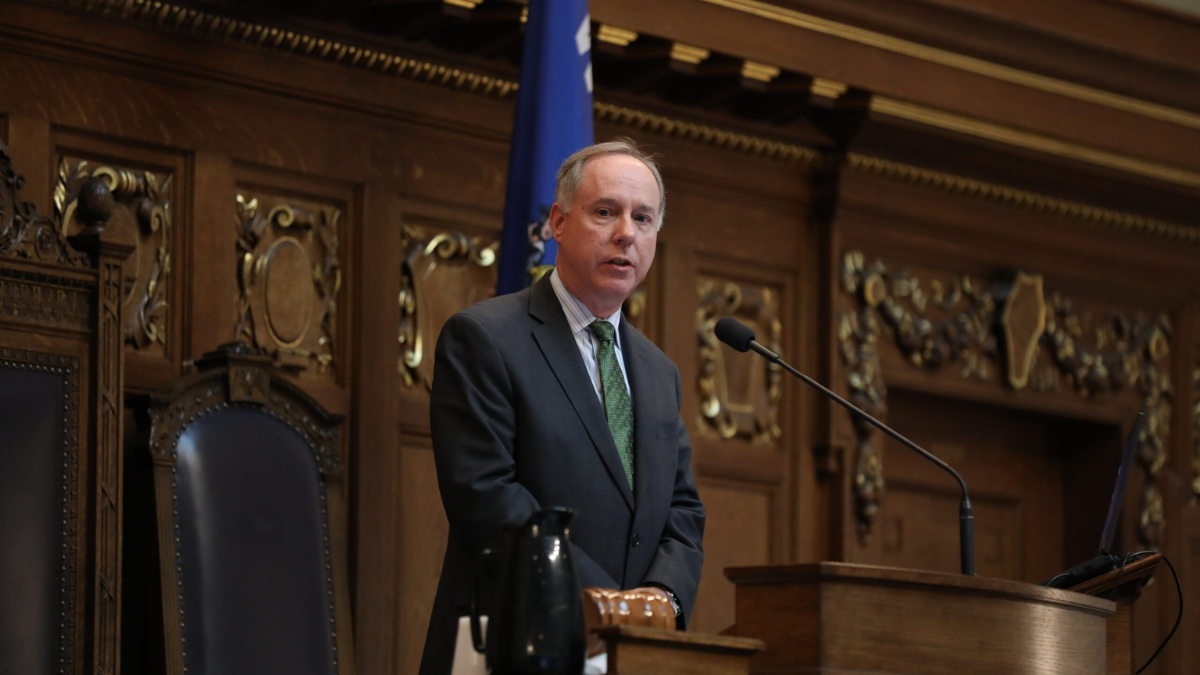Wisconsin Republicans are pushing forward a proposal to expand the state’s Low-Income Housing Tax Credit (LIHTC) program, aiming to address the growing need for affordable housing. The initiative comes at a time when housing costs continue to rise, and the state faces increasing pressure to provide more opportunities for low-income families. This article explores the details of the proposed expansion, its potential impact on Wisconsin residents, and the challenges it may encounter.
Understanding the Low-Income Housing Tax Credit
The LIHTC program was first introduced in Wisconsin in 2018 as a state-level counterpart to the federal program established in 1986. It incentivizes developers to build or rehabilitate affordable housing by offering tax credits in exchange for setting aside a portion of units for low-income tenants.
These tax credits are essential for financing affordable housing projects. Developers can use the credits to offset construction costs or sell them to investors to raise capital for their projects. The result is an increased supply of housing units for those most in need.
Proposed Expansion
Wisconsin Republicans are advocating for a significant expansion of the LIHTC program to encourage the construction of additional affordable housing units across the state. The proposed changes include:
- Increasing the Tax Credit Allocation: The plan aims to boost the total amount of tax credits available annually, making it easier for developers to secure funding for new projects.
- Broadening Eligibility Criteria: By expanding the range of qualifying income levels, more tenants could benefit from affordable housing units built under the program.
- Streamlining Application Processes: To make it easier for developers to participate, the proposal seeks to simplify the application and approval process for tax credits.
Why the Expansion Is Needed
Affordable housing has become a critical issue in Wisconsin, with demand far outpacing supply. According to a report by the Wisconsin Housing and Economic Development Authority (WHEDA), nearly 1 in 4 renters in the state spend more than 50% of their income on housing costs. This financial strain leaves many families struggling to afford basic necessities like food, healthcare, and transportation.
Additionally, rural areas and smaller cities in Wisconsin face unique challenges in attracting developers to build affordable housing. By expanding the LIHTC program, lawmakers hope to incentivize more projects in underserved areas, helping to bridge the housing gap.
Potential Benefits
The proposed expansion could bring several benefits to Wisconsin residents and the broader economy:
- Increased Housing Availability: By encouraging the construction of more affordable units, the program would help address the state’s housing shortage.
- Economic Growth: Construction projects funded through LIHTC often create jobs and stimulate local economies.
- Community Stability: Access to affordable housing allows families to build roots in their communities, improving outcomes in education, health, and employment.
Challenges and Criticism
While the proposed expansion has garnered support, it also faces criticism and challenges.
- Budgetary Concerns: Opponents argue that increasing the tax credit allocation could strain the state’s budget, particularly as Wisconsin already faces funding pressures in other areas like education and healthcare.
- Potential for Developer Abuse: Critics worry that developers may exploit the program by prioritizing profits over the quality and affordability of the housing units they build.
- Political Gridlock: The proposal may encounter resistance from Democrats, who could push for additional provisions to ensure fairness and oversight in the program’s implementation.
Broader Implications
If the expansion is approved, it could serve as a model for other states grappling with similar housing challenges. Wisconsin’s LIHTC program has already been praised for its effectiveness in encouraging private investment in affordable housing, and the proposed changes could further enhance its impact.
For more detailed information about the LIHTC program and its role in affordable housing, visit the Wisconsin Housing and Economic Development Authority (WHEDA).
Conclusion
Expanding Wisconsin’s Low-Income Housing Tax Credit program represents a crucial step in addressing the state’s affordable housing crisis. While the proposal faces hurdles in terms of funding and political negotiation, its potential to improve housing access and economic stability for low-income families is undeniable.
By fostering public-private partnerships and incentivizing investment in affordable housing, Wisconsin could pave the way for a more equitable and sustainable future. As lawmakers continue to debate the proposal, residents and advocacy groups have an opportunity to weigh in and shape the outcome of this important legislation.
Disclaimer – Our team has carefully fact-checked this article to make sure it’s accurate and free from any misinformation. We’re dedicated to keeping our content honest and reliable for our readers.








